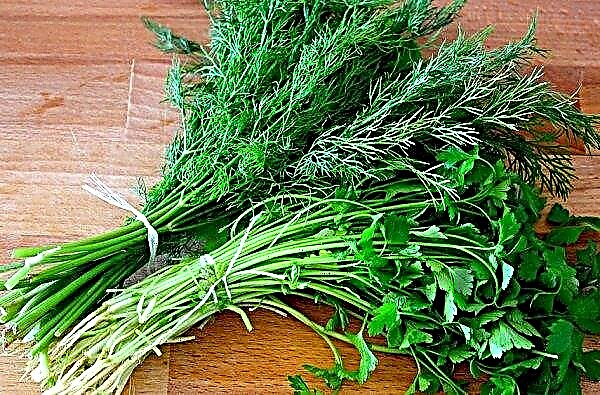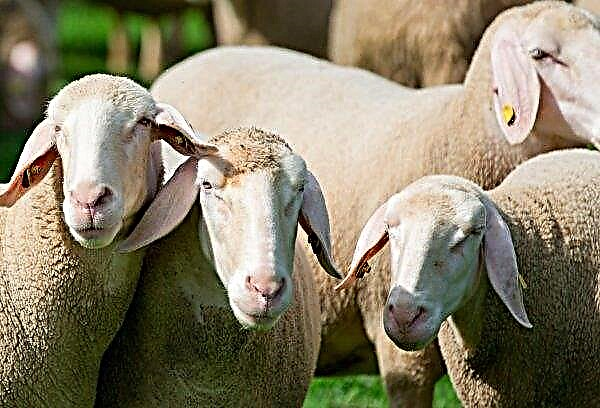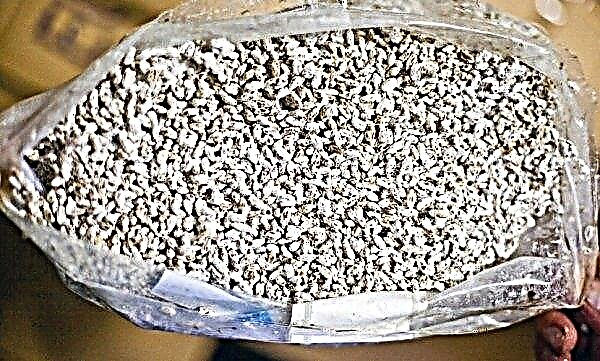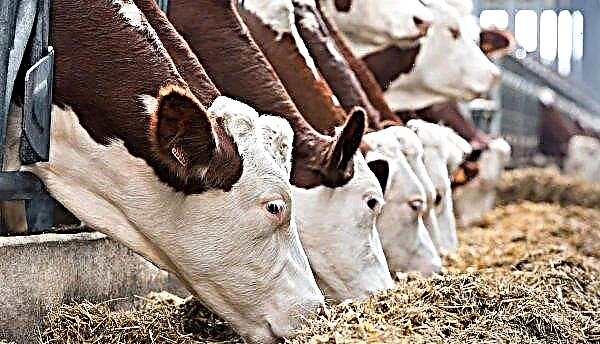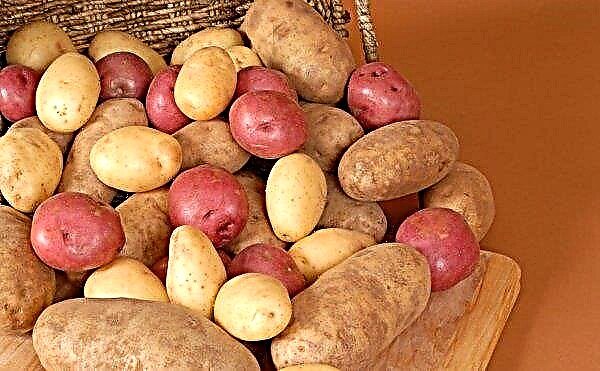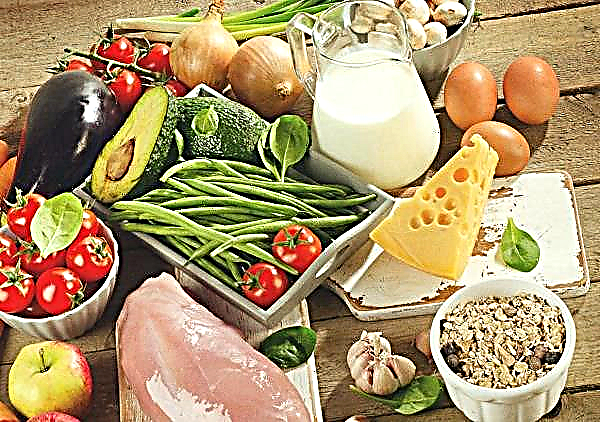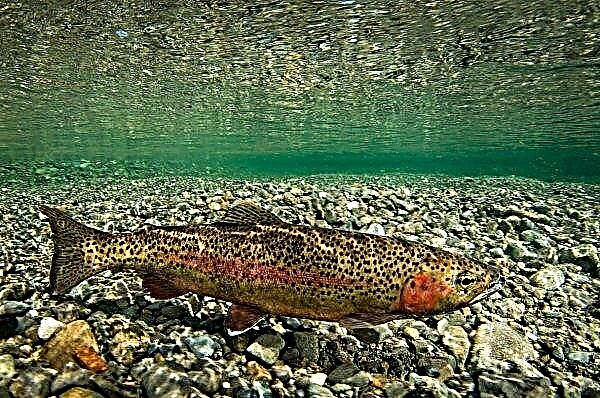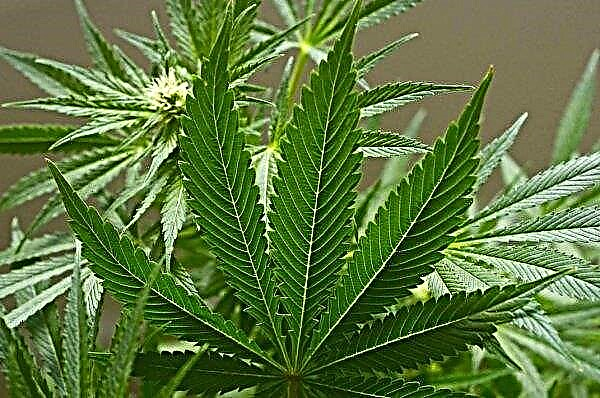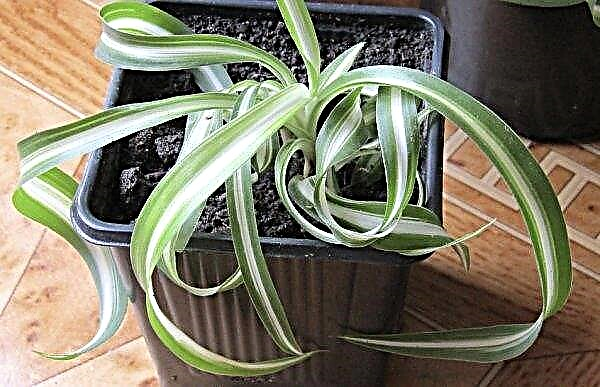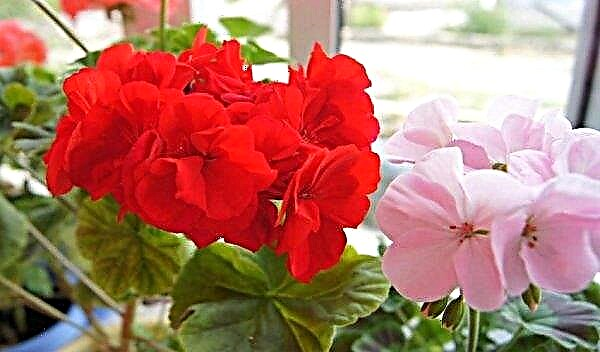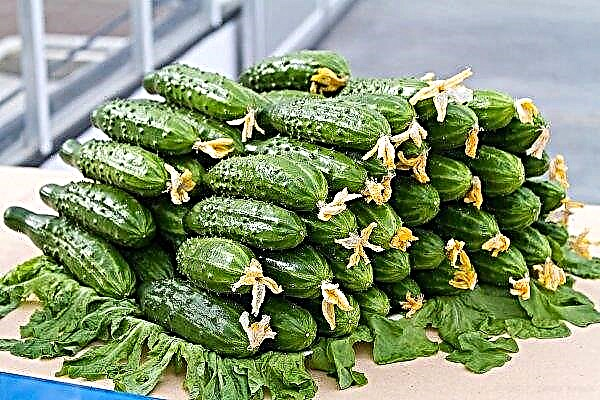A group of farmers from the dairy cooperative Arla Foods has taken a pilot initiative to see if it is possible to expand its efforts in organic dairy farming to help increase the wild bee population, given the important role they play in supporting ecosystems.
This initiative came after a recent UN report that one million animal species in the world are endangered. In the UK, in particular, there has been a steady decline in the population of some bees, with an average of 11 breeds disappearing per square kilometer in the country between 1980 and 2013.
As part of the Arla UK 360 Dairy Cooperative Farm Standards Program, a research and development module for Project Pollinator, five farmers across the country will set aside land to help vital pollinator bees. Farmers will cultivate, sow and cultivate the land to create the best habitat for insects, which is extremely important for pollination of many crops.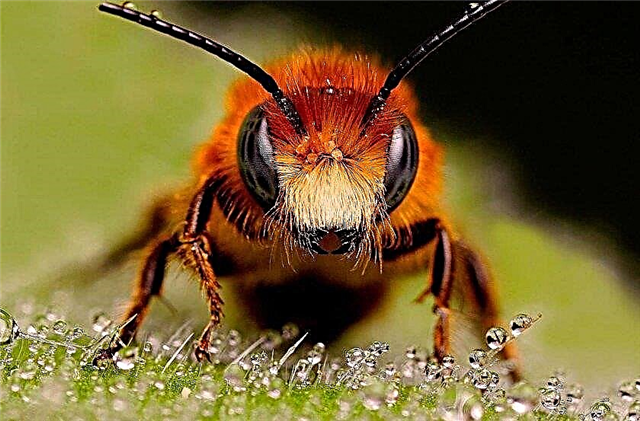
The purpose of the study will be to find out if the selection and cultivation of flowers specifically designed for bees can help stop their decline.
A mixture of seeds was specially selected for attracting and maintaining a population of many species of bees at each farm, and two dozen species of wild flowers and herbs were sown and grown on half a hectare of land of each farm.
If the experiment is successful, it will be distributed to more than 2,400 British dairy farms of the dairy cooperative Arla Foods UK and 10,300 farms throughout Europe.
Graham Wilkinson, director of agriculture for the cooperative Arla Foods UK, said: “The world's natural systems are more interconnected than we could imagine. Our research projects will prove to be a vital way of exploring potential new thinking for dairy farming. ”

